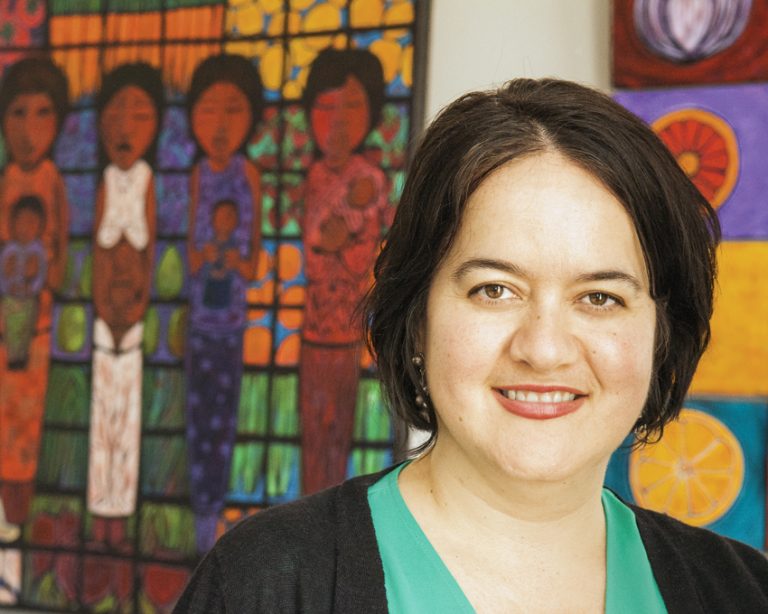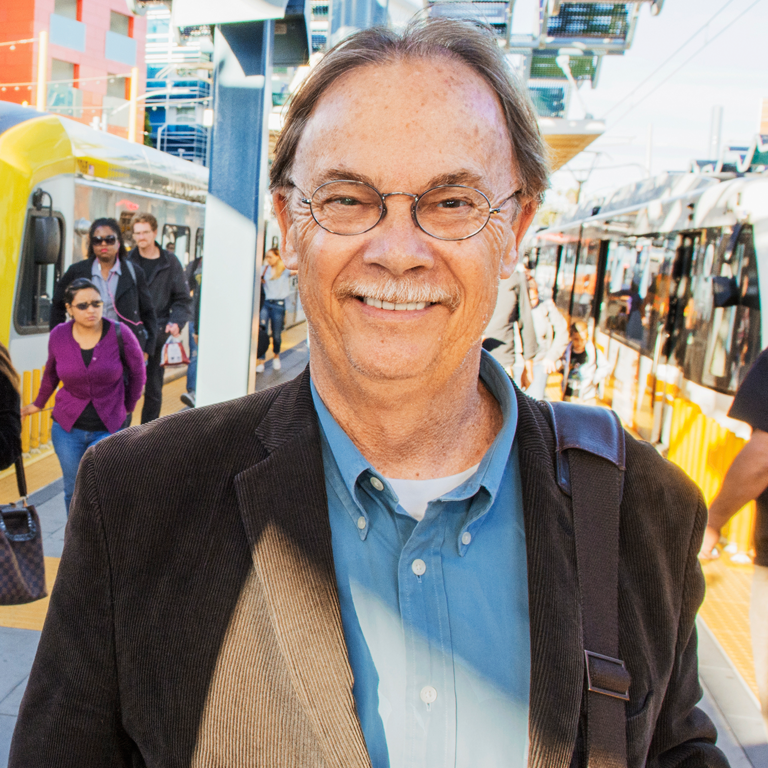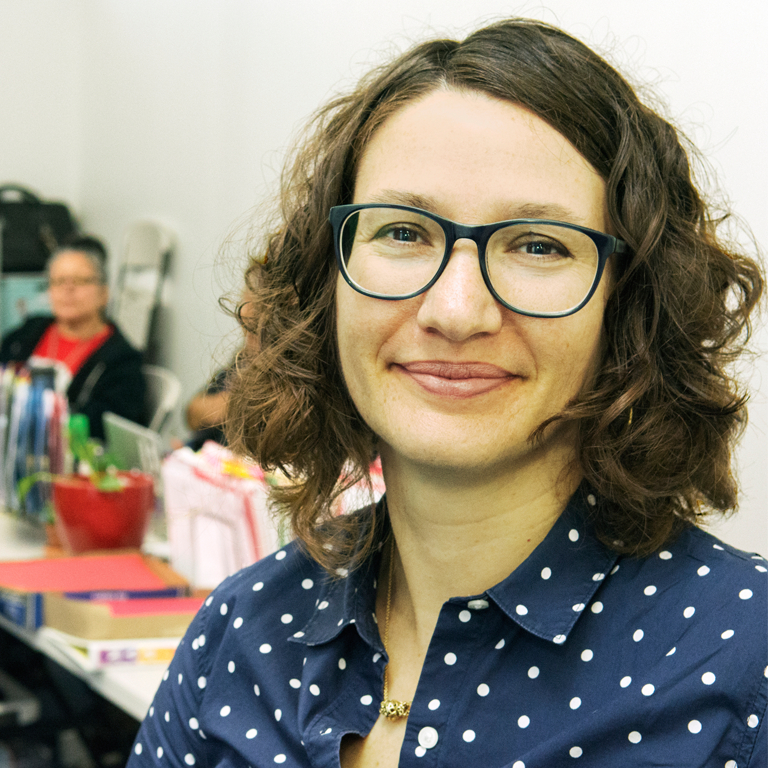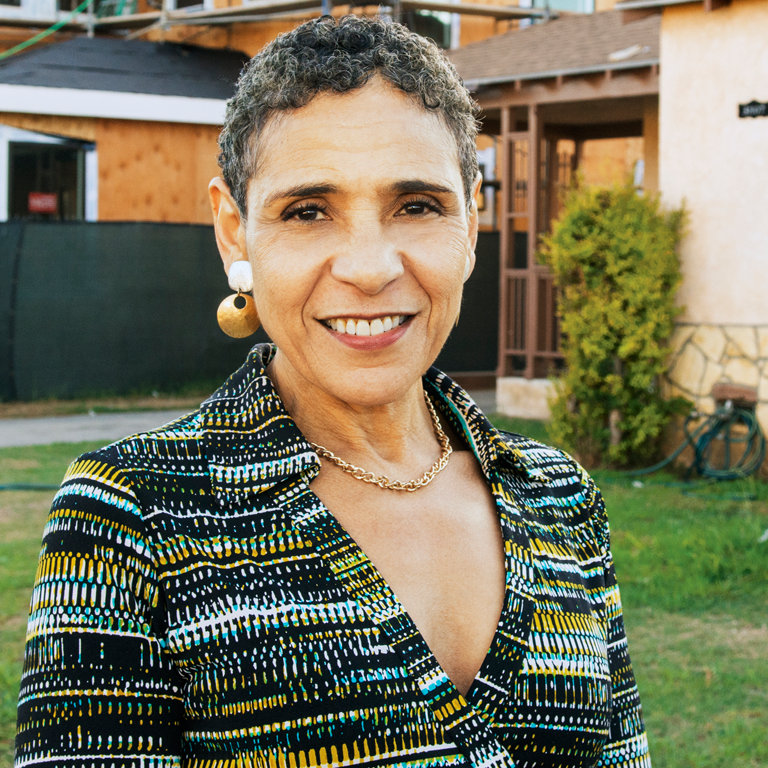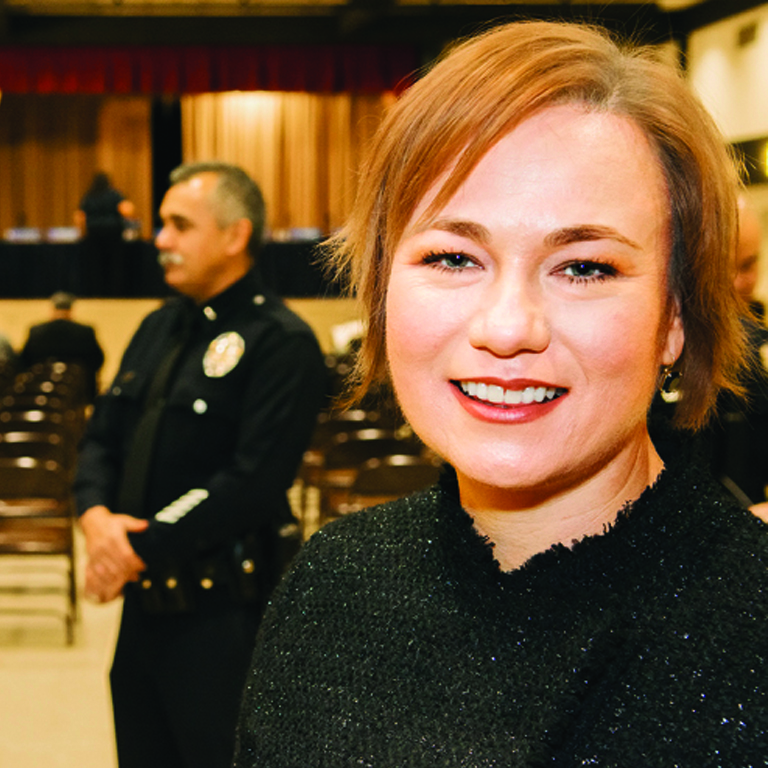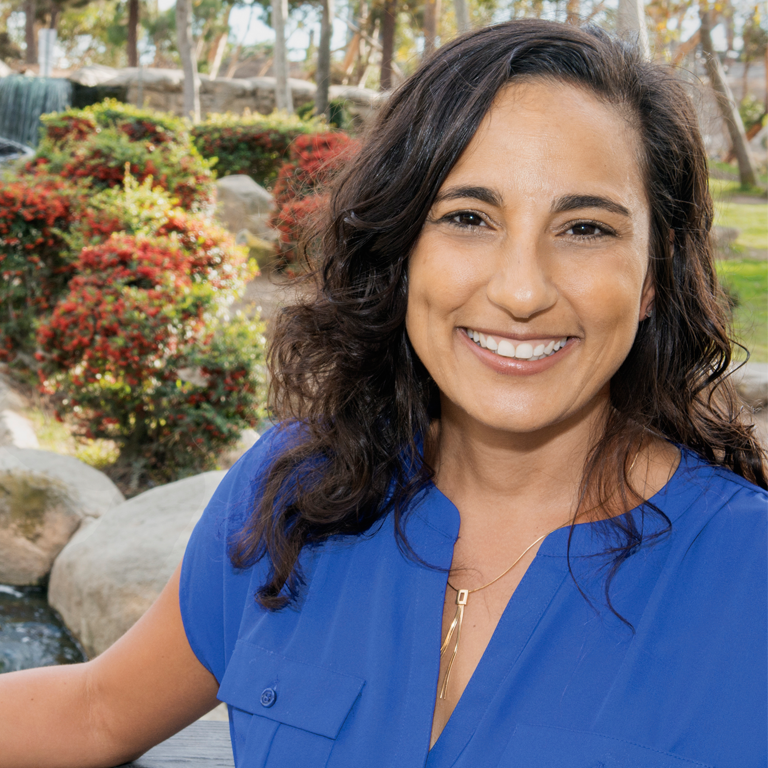Marielena Hincapié is the former Executive Director of the National Immigration Law Center. The question she sought to answer was this: What does it take for immigrants to feel and be seen as Angelenos, Californians, and Americans? She wanted to change the current narrative about immigrants as “others” or “criminals” into one that sees them as people seeking full, healthy, and dignified lives for themselves and their families.
* Marielena transitioned out of her role at the National Immigration Law Center in 2022.
Fellowship Summary
The Challenge: The political climate we are living in has resulted in a major setback in the overall narrative and public discourse about the role of immigrants in this country, resulting in policies that are reshaping who is considered “worthy” of being part of our society. Over the last few years, we have witnessed some of the most cruel and inhumane policies. As a result of these policies, we have seen Central American children being ripped apart from their parents’ arms upon their arrival at the border. We have seen long-time Angelenos afraid of being detained and deported. We have seen immigrant leaders living in legal limbo as a result of the termination of their legal status such as DACA and TPS. We have seen Angelenos afraid of seeking health, nutrition, or housing assistance for fear that they will be barred from becoming permanent residents. While much of the anti-immigrant narrative at the federal level is about undocumented immigrants, the fact is that the policy changes are aimed at radically reshaping our legal immigration system, slowing down the demographic shifts, disenfranchising future voters of color, and redefining what it means to be an American.
The Hunch: The current narrative makes immigrants feel unwelcome and as though they don’t belong in their new adopted home, even in such a progressive city as Los Angeles. My hunch was that if we developed a narrative that is grounded in racial and economic justice for an inclusive and equitable society, and that centers immigrants as people who have the same dreams and want the same things as everyone else (e.g., to live a life with dignity; lead healthy lives in which they can thrive and fulfill their full potential; have freedom and equality, etc.), we could change hearts and minds that create the political conditions for transformative change in society.
The Proposal: As an immigrant justice advocate who has focused primarily on litigation, policy, and strategic communications as the key strategies to achieve social change, I wanted to start by learning how narratives are created and shaped, and by developing an understanding of the neurological and psychological research on how people’s attitudes and behaviors change. I set out to learn from other social movements (e.g., LGBTQA+ and marriage equality, death penalty, etc.) and private sector campaigns, both their successes and failures. Because the immigration debate in this country is not only about immigrants but about how we define who is worthy of being an American, it is central to our identity as a nation. I first focused on revisiting the founding of this country and the racialized violence against Native Americans and enslaved Africans.
The Stanton Journey: One of the greatest insights I had during my fellowship was the importance of “diffuse learning” and creating spaciousness to let our creative juices flow. This resulted in my using Stanton funds to co-lead the Immigrant Movement Visioning Process—a cohort of 50 immigrant justice leaders who co-developed a vision for the next 20-25 years that is not constrained by today’s political realities, and which can now inform the development of a shared narrative. Although the Durfee Foundation highly recommends international travel—I did benefit from short trips to the former Berlin Wall, serving as a reminder of what is possible, as well as the India-Pakistan border resulting in the painful Partition—my journey surprisingly took me to Hawai’i. As the most diverse state which has never had a white-dominant culture, we have a lot to learn from Native Hawaiian leaders. Their culture and language, the complex drivers of migration, and narrative challenges related to the migrants from Micronesia and the Marshall Islands who are demonized and dehumanized in ways similar to migrants on the continental US.
Where I am Now: I am at the beginning of a new journey: one which includes an appreciation for a new way of learning and working, and a reconnection to poetry and the importance of integrating art and culture into our work. Most importantly, we at the National Immigration Law Center have now included narrative and culture change as a new lever for advancement that we are leveraging along with our legal and policy expertise and movement building. I am excited about this path I’m now on and look forward to helping shape the narrative for a more inclusive and equitable society in which we can all belong.
